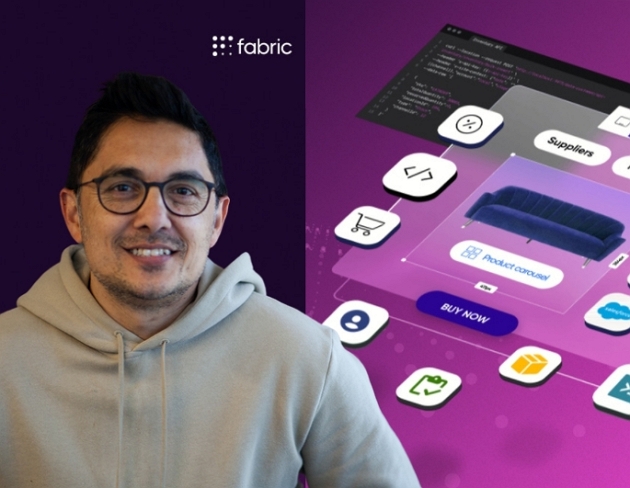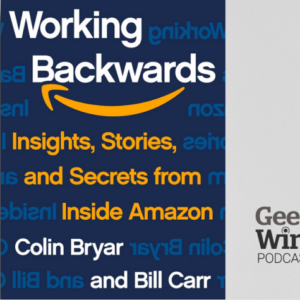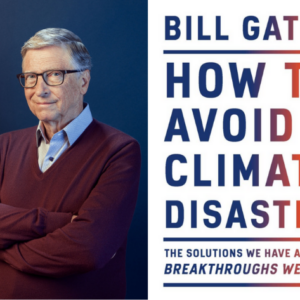
This week brought news of a big fundraising by e-commerce technology startup Fabric, a $140 million Series C round led by Softbank.
With the deal, the 300-person company became Seattle’s newest unicorn, a privately held tech startup valued at more than $1 billion, or about $1.5 billion in its case.
Our guest on this week’s GeekWire Podcast is Fabric’s CEO, Faisal Masud, a former executive with companies including Amazon, Alphabet, Groupon, Staples and eBay. The company offers software, APIs, and other behind-the-scenes technology used by consumer and business-to-business brands for online commerce.
We talked about the state of physical and online retail as the world emerges from the pandemic, the future of business-to-business commerce, the Amazon heritage on Fabric’s executive team, competition with Shopify and Salesforce, and why Amazon itself hasn’t been able to get traction in the area where Fabric is focusing.
Listen to the full conversation above, and continue reading for highlights, edited for clarity and length.
What are the key trends you’re seeing in online commerce coming out of the pandemic?
Faisal Masud: The trends (toward online commerce) were always there; what I saw was more of an acceleration of that trend. The most seismic impact we have seen has been in business-to-business online commerce. B2B is accelerating at a different pace now. Beyond the pandemic, millennials like engaging with iPhones, and don’t like having face-to-face conversations for those transactions, so there’s a natural inertia happening from the ground up.
That plays directly into what you do. What is Fabric’s approach?
Think about us as a set of Lego blocks (for direct-to-consumer and business-to-business brands). Because we’re API-first, we can integrate with whoever you like as a partner along the way. And that’s the single biggest reason we see that mid-market and enterprise customers are attracted to what Fabric is doing.
There’s quite a few former Amazon executives on your team. How does that influence what you do?
It’s not that I have gone and only sought Amazonians; it’s just that many Amazonians think alike. It’s a lot more frictionless when it comes to the conversations about our vision, and how we’re very input-driven and not output-driven, and the basic fundamentals of how Amazon thinks about the business and the long run, versus the short run.
Why hasn’t Amazon succeeded in doing what Fabric does?
Amazon Webstore was built on the premise that everything had to be an ASIN, which was an Amazon specific SKU, and had to go through the Amazon protocols of selling products. It was a constraint on the customer and it wasn’t flexible. And Shopify provided a bit more flexibility. It’s not easy when you’re at (Amazon’s) scale to build a brand new business from scratch, when everybody in the retail industry is scared of you.
You’ve described Fabric’s market opportunity as “absurd.” What are the forces driving that?
When you look at commerce, you could probably count on your fingertips how many companies that are actually providing a full-stack, end-to-end commerce experience. It is a difficult problem to solve. I can’t think of many opportunities of this scale: about $5 trillion in B2C, and $20 trillion in B2B. You need commerce APIs to run your business. And that’s where the opportunity is absurd.





